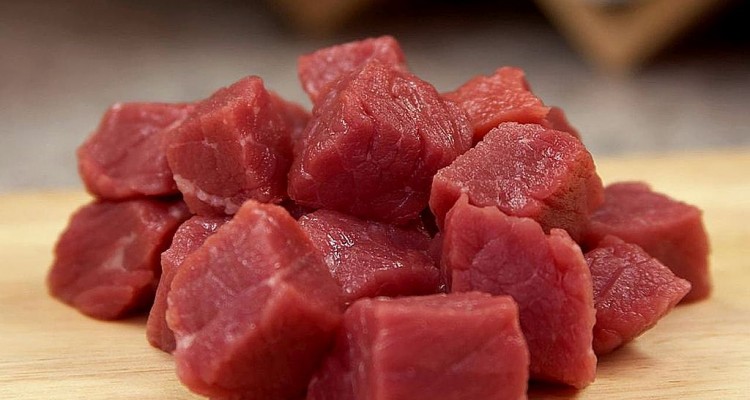The world appears split on whether or not meat is necessary for nutrition. With an increasing amount of people going vegan or vegetarian, the question begs to be asked: is meat needed for a well-rounded diet?
The answer, unsurprisingly, is yes.
Meat, whether it’s chicken, fish, steak, pork, hamburger or anything in between, is necessary for a balanced diet. Yes, it is possible to cut meat out of your diet and supplement the nutrients the meat would have given you with other foods like tofu. However, these substitutes don’t have the exact same dietary nutrition as meat does, thus putting vegetarians and vegans at risk for health problems like anemia.
Here are a few key components of meat that make it necessary for our daily diets:
Protein
Meat is a main source of protein in the typical person’s diet. According to the United States Department of Agriculture, the average person needs about 5 to 6 ounce equivalents of protein a day to keep a balanced diet. The best way to incorporate protein from meat into your diet is to choose lean or low fat cuts of meat, as these do not have as many added fats. Typically, one ounce of meat, poultry or seafood is equivalent to one ounce of protein, according to the MyPlate initiative put out by the USDA. There are other places where people can get protein for those who choose not to eat meat, like from beans or nuts, but it usually requires eating more of these foods in order to get enough protein.
Vitamins
Many people get most of their vitamins for the day from the meat that they eat. Meat, especially red meat, is very high in B vitamins such as vitamin B-6 and vitamin-B12 according to the website Livestrong. The main function of vitamins in this group is converting food into energy, which is a necessary metabolic process in everyday life. B vitamins also play an integral role in the formation of red blood cells. Vegans are at an increased risk for vitamin-B12 deficiency if they do not take a supplementary vitamin because they do not eat meat, according to the Encyclopedia Britannica.
Iron
Meat, especially beef, is high in iron. According to WebMD, seafood such as clams, mollusks and muscles have 3.5 milligrams or more of iron per serving and is closely followed by beef and turkey, which both have 2.1 milligrams or more of iron per serving. Because many vegetarians and vegans eat fish and other seafood items, including these three simple seafood items into one’s diet can help boost necessary iron levels, especially for vegetarians and vegans who are iron-deficient or anemic. For those of you out there who hate seafood, beef and turkey are the way to go if you’re looking for a more iron-rich diet.


Leave a Reply